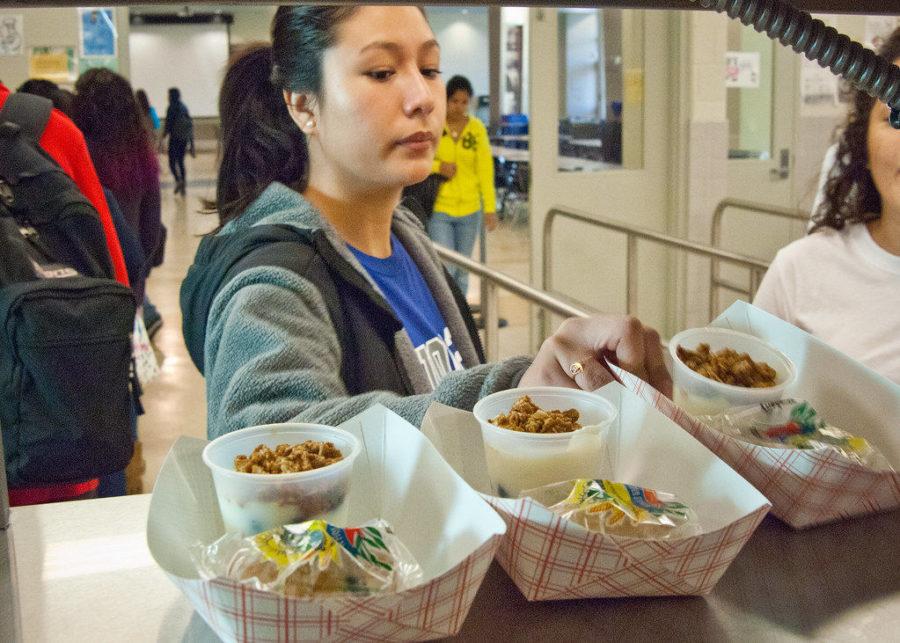Guest Column: Fight hunger for children
Guest columnist Walter Suza believes Americans need to address many issues surrounding world hunger experienced by children. Suza argues that Americans need to take many actions to fight hunger, which include erasing the stigma associated with food insecurity and helping to reduce food waste in the U.S.
October 21, 2019
Hungry children around the world
Being involved in food security work in Africa, I am aware that the number of hungry children is increasing in Africa. However, it is saddening that in agricultural states such as Iowa, thousands of children also go to bed hungry. According to Feeding America, 1 in 7 children in Iowa experiences hunger and 20 percent of persons in Central Iowa face food insecurity. Of those seeking service from Iowa’s food pantries, seven percent are Hispanic, 17 percent black, and 69 percent white.
There is a need to de-stigmatize food assistance
With the awareness that hunger cuts across race and ethnicity, we must speak out against the stigma associated with the hungry. Many in our communities experience food insecurity due to unexpected changes in their economic circumstances and it would be wrong to suggest that food insecure persons lack personal responsibility. Food insecure Americans must make tough choices between paying for food or spending their earnings on other necessities.
It is also wrong to humiliate kids from food insecure households for receiving free lunch during school. Importantly, food insecurity does not discriminate based on academic status or accomplishments. Therefore, we must stand up against shaming, denying food or preventing kids from graduating high school because of lunch debt.
America produces and wastes a lot of food
We live in a country with abundant resources, however, according to the USDA, 115 million U.S. households experienced food insecurity in 2018. Unfortunately, the hungry in our midst are suffering while a lot of food goes to waste. How can children go to bed hungry when 30-40 percent of food supply is wasted? There is a need to fight food insecurity by designing solutions to reduce food waste and redirecting the resources to feed the hungry in our communities.
Political will is needed to eradicate hunger
As John F. Kennedy stated, “The war against hunger is truly mankind’s war for liberation.” Therefore, we must join to advocate for more federal support to free our neighbors from hunger. Importantly, federal support should not be based on policies that result in consumption of fewer healthy foods and scaling back of support to the hungry. Instead, we must reach into our hearts and ponder the history of food assistance in America. Eighty years since the start of the Food Stamp Program, we realize that not just “city folk” need food assistance. Today, every community in America has experienced the ravages of hunger.
Educating the next generation of American hunger fighters
Youth are an asset; they represent the next generation of farmers, leaders and policy makers. Therefore, it is important to raise the awareness among the youth in America to help them appreciate that impact of hunger in their communities. In this regard, it is inspiring that organizations such as Future Farmers of America are involved in feeding the hungry in Iowa and across the Midwest. The experience for these young Americans will help shape their paths to leadership in the fight against hunger across America.
Every child has a right to sufficient and healthy food
Growing up in rural Tanzania, I experienced hunger frequently and witnessed the impact it had on my family and those with fewer resources than me. I can still remember how terrible it felt when I was hungry because hunger hurts, both physically and emotionally. This makes food a human right — so that all kids, at all times will have access to sufficient and nutritious food for a happy and active life.







